The Dreyfus Affair is a French political scandal in the late nineteenth century which creates much resonance. After the collapse of the Second Empire, the Third Republic is born in France; a parliamentary government, where two political forces prevail in conflict with each other: the Republican left and the nationalist and monarchist right-wing. In 1894 a basket is found in the German embassy with an anonymous note that contains a list of secret military documents. The investigations focus on Alfred Dreyfus , the only Jewish officer in the French army.
The right wing, which has many ties within the army, sets off an anti-Semitic campaign that affects the outcome of the process. The Republicans, meanwhile, find in the officer a scapegoat. Dreyfus was condemned by the Council of War December 22, 1894. He is degraded and deported to Devil's Island, in the Atlantic Ocean. In 1896, the new head of the Information Service of the General Staff, Lieutenant Georges Picquart, discovers that the German embassy had long been in contact with another officer, Major Esterhazy, a nobleman involved in several businesses on the edge of legality. The case is reopened. Despite the evidence against him, in 1898, the council of war absolves Esterhazy . Colonel Picquart is removed from office and sent into the war zone. Dreyfus remains in exile. On January 13, 1898 Emile Zola publishes the famous J'accuse in the literary magazine Aurore, a letter to the President of the Republic in which the French writer is in favor of Dreyfus and against the leaders of the government, the clergy and the reactionary forces of the country.
It triggers a debate in the newspapers which makes the Dreyfus Affair the first media event in history. Zola flees to London after being sentenced to one year in jail and a fine of 3,000 francs for insulting the armed forces. He died in 1902 in a suspect accident, according to some connected to the Dreyfus Affair. In August of 1898 a colonel, Hubert Henry, confesses to having falsified some documents and commits suicide. The Minister of War Cavaignacs resigns. On August 7, 1899 in Rennes, the process is reopened. Dreyfus was sentenced to 10 years hard labor . But on September 19 the President of the Republic Loubet grants him a pardon. In 1906 the Supreme Court annuls the decision made in Rennes and Dreyfus is reinstated in the army, receiving the Legion of Honour. Picquart, the first officer to have defended Dreyfus, was promoted to brigadier general. The acquittal of Dreyfus is a great success for the secular and Republican party, and signals the decline of conservative forces related to the nobility and the monarchy.
The right wing, which has many ties within the army, sets off an anti-Semitic campaign that affects the outcome of the process. The Republicans, meanwhile, find in the officer a scapegoat. Dreyfus was condemned by the Council of War December 22, 1894. He is degraded and deported to Devil's Island, in the Atlantic Ocean. In 1896, the new head of the Information Service of the General Staff, Lieutenant Georges Picquart, discovers that the German embassy had long been in contact with another officer, Major Esterhazy, a nobleman involved in several businesses on the edge of legality. The case is reopened. Despite the evidence against him, in 1898, the council of war absolves Esterhazy . Colonel Picquart is removed from office and sent into the war zone. Dreyfus remains in exile. On January 13, 1898 Emile Zola publishes the famous J'accuse in the literary magazine Aurore, a letter to the President of the Republic in which the French writer is in favor of Dreyfus and against the leaders of the government, the clergy and the reactionary forces of the country.
It triggers a debate in the newspapers which makes the Dreyfus Affair the first media event in history. Zola flees to London after being sentenced to one year in jail and a fine of 3,000 francs for insulting the armed forces. He died in 1902 in a suspect accident, according to some connected to the Dreyfus Affair. In August of 1898 a colonel, Hubert Henry, confesses to having falsified some documents and commits suicide. The Minister of War Cavaignacs resigns. On August 7, 1899 in Rennes, the process is reopened. Dreyfus was sentenced to 10 years hard labor . But on September 19 the President of the Republic Loubet grants him a pardon. In 1906 the Supreme Court annuls the decision made in Rennes and Dreyfus is reinstated in the army, receiving the Legion of Honour. Picquart, the first officer to have defended Dreyfus, was promoted to brigadier general. The acquittal of Dreyfus is a great success for the secular and Republican party, and signals the decline of conservative forces related to the nobility and the monarchy.
RELATED


PERESTROIKA


APARTHEID


THIRD ITALIAN WAR OF INDEPENDENCE
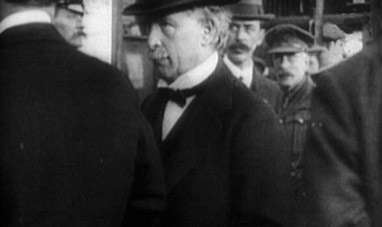

TREATY OF VERSAILLES
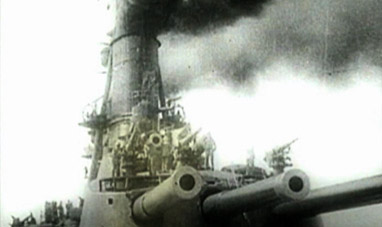

THE OUTBREAK OF WORLD WAR I
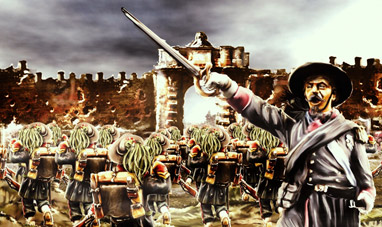

CAPTURE OF ROME


FOUNDING OF UNITED ARAB EMIRATES
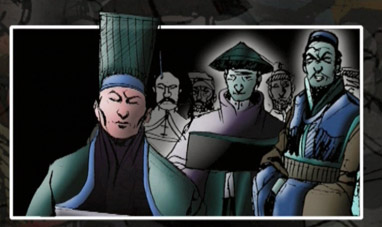

EARLY CHINESE DYNASTIES
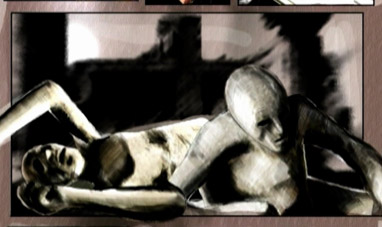

THE DESTRUCTION OF POMPEI
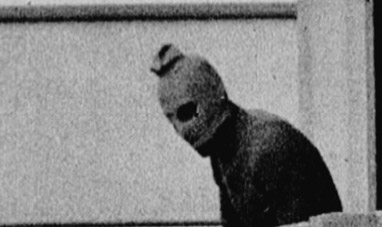

THE MUNICH MASSACRE
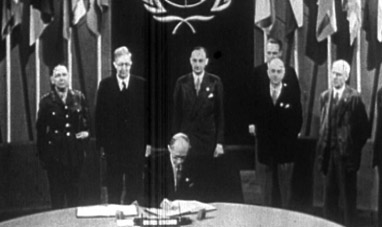

THE BIRTH OF THE UNITED NATIONS
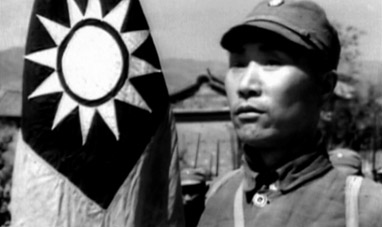

THE TAIWAN ISSUE
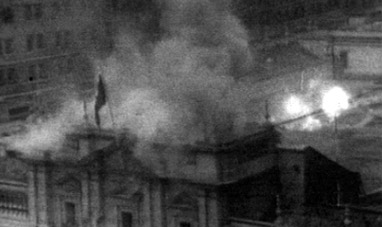

THE 1973 CHILEAN COUP


FIRST ITALIAN WAR OF INDEPENDENCE
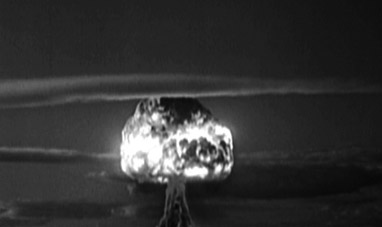

HIROSHIMA AND NAGASAKI
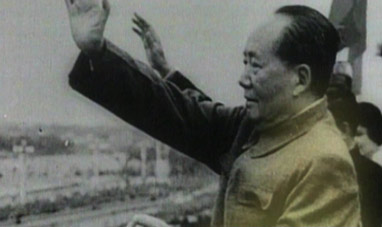

FOUNDING THE PEOPLE'S REPUBLIC OF CHINA
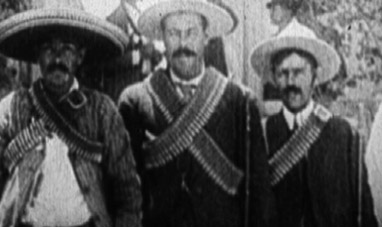

THE MEXICAN REVOLUTION


THE BATTLE OF HASTINGS


1968
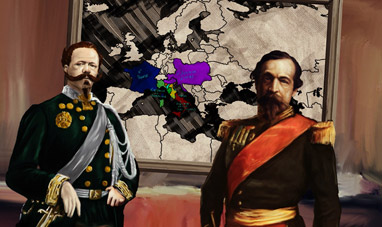

PLOMBIÈRES AGREEMENTS


THE BATTLE OF AUSTERLITZ
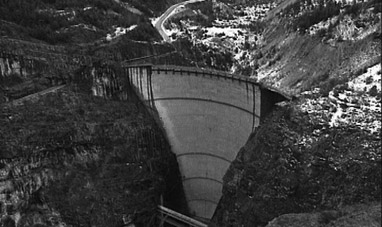

THE VAJONT DISASTER


THE FIRST GULF WAR


THE BATTLE OF TOURS


THE SECOND INTIFADA
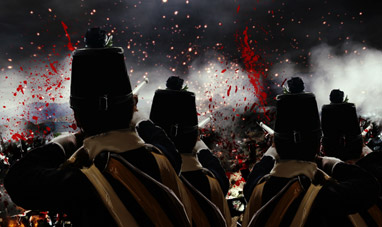

SECOND ITALIAN WAR OF INDEPENDENCE


NATO (NORTH ATLANTIC TREATY ORGANIZATION)
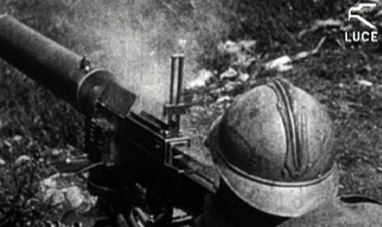

WORLD WAR I


THE BALKAN WARS OF THE 1990S
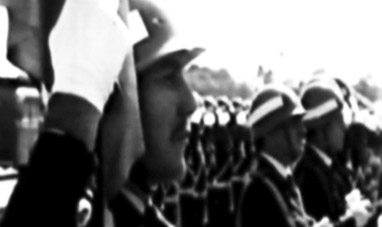

THE ARGENTINE DICTATORSHIP, 1976-1983
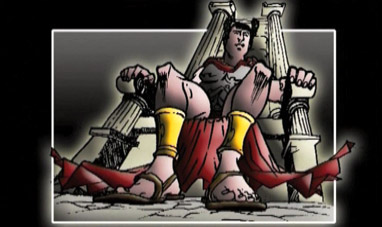

THE EDICT OF MILAN


SEPTEMBER 11, 2001
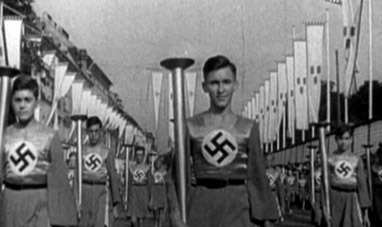

THE ADVENT OF NAZISM


NORMANDY LANDINGS


THE KINGS OF ROME


THE INDUSTRIAL REVOLUTION
